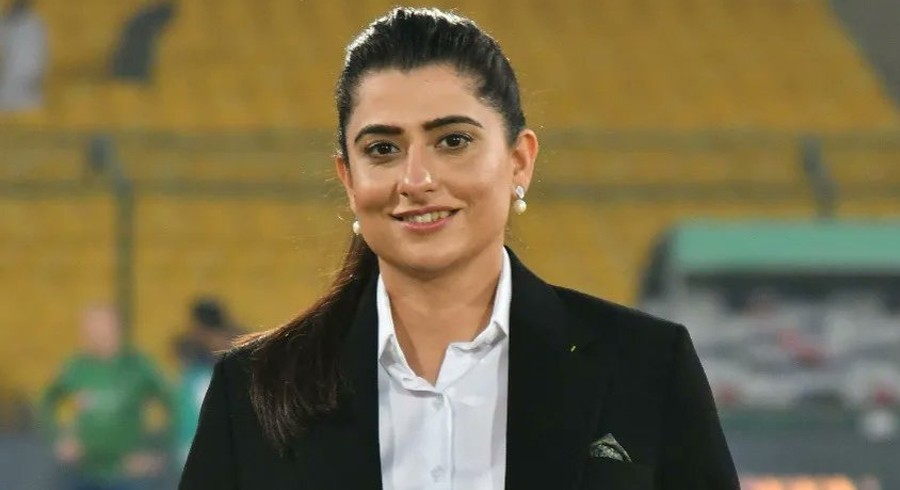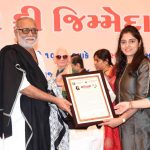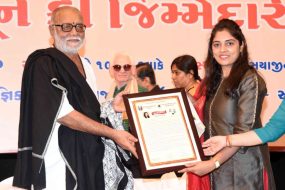Mir quickly became known for her cricketing intelligence, leadership abilities, and versatility as a player. She played a key role in raising the profile of women’s cricket in a country where cricket had largely been a male-dominated sport.
Captaincy and Leadership
Sana Mir was appointed captain of the Pakistan women’s cricket team in 2009. Under her leadership, the team made remarkable strides, including winning gold medals in the 2010 and 2014 Asian Games. Mir led Pakistan in numerous international tournaments, including the ICC Women’s World Cup and the ICC Women’s World Twenty20.
Her strategic approach and calm demeanor under pressure earned her respect both on and off the field. During her captaincy, she cultivated a sense of unity and professionalism within the team, which helped Pakistan earn recognition on the international stage. Her leadership was also crucial in improving the infrastructure and opportunities for young female cricketers in the country.
Achievements and Records
Sana Mir’s cricketing career is filled with milestones. She became the first female Pakistani cricketer to take 100 One Day International (ODI) wickets. By the time she retired in 2019, she had played 120 ODIs and 106 T20 Internationals, with over 1,600 runs and 151 wickets in ODIs, making her one of the most successful all-rounders in women’s cricket.
In 2018, she achieved another significant milestone when she became the number one ODI bowler in the ICC Women’s Rankings, cementing her place among the world’s elite.
Role Model and Advocate for Women’s Rights
Beyond her on-field success, Sana Mir has been a vocal advocate for women’s rights and empowerment. She has used her platform to speak out on issues such as gender equality in sports and society. Mir’s story is an inspiration for women around the world, especially in countries where cultural and societal barriers limit women’s participation in sports.
Her impact extends beyond cricket, as she is also involved in various social initiatives aimed at encouraging young girls to pursue their dreams, be it in sports or any other field. She is frequently invited to speak at forums and panels, where she shares her experiences and vision for a more inclusive and equitable world.
Retirement and Legacy
In April 2019, Sana Mir announced her retirement from international cricket, ending a 14-year career that transformed the landscape of women’s cricket in Pakistan. Even after retirement, her influence remains strong. She continues to work in cricket as a commentator and mentor, helping to shape the next generation of cricketers.
Sana Mir’s legacy goes beyond her impressive statistics. She broke barriers, challenged stereotypes, and inspired countless young women to take up cricket. Her name will forever be associated with progress, resilience, and excellence in women’s cricket.
Conclusion
Sana Mir is not just a cricketer; she is a trailblazer and a symbol of hope for women across the world. Her contribution to cricket and society will continue to inspire future generations. Through her journey, she has shown that with determination, skill, and passion, even the highest barriers can be overcome.












